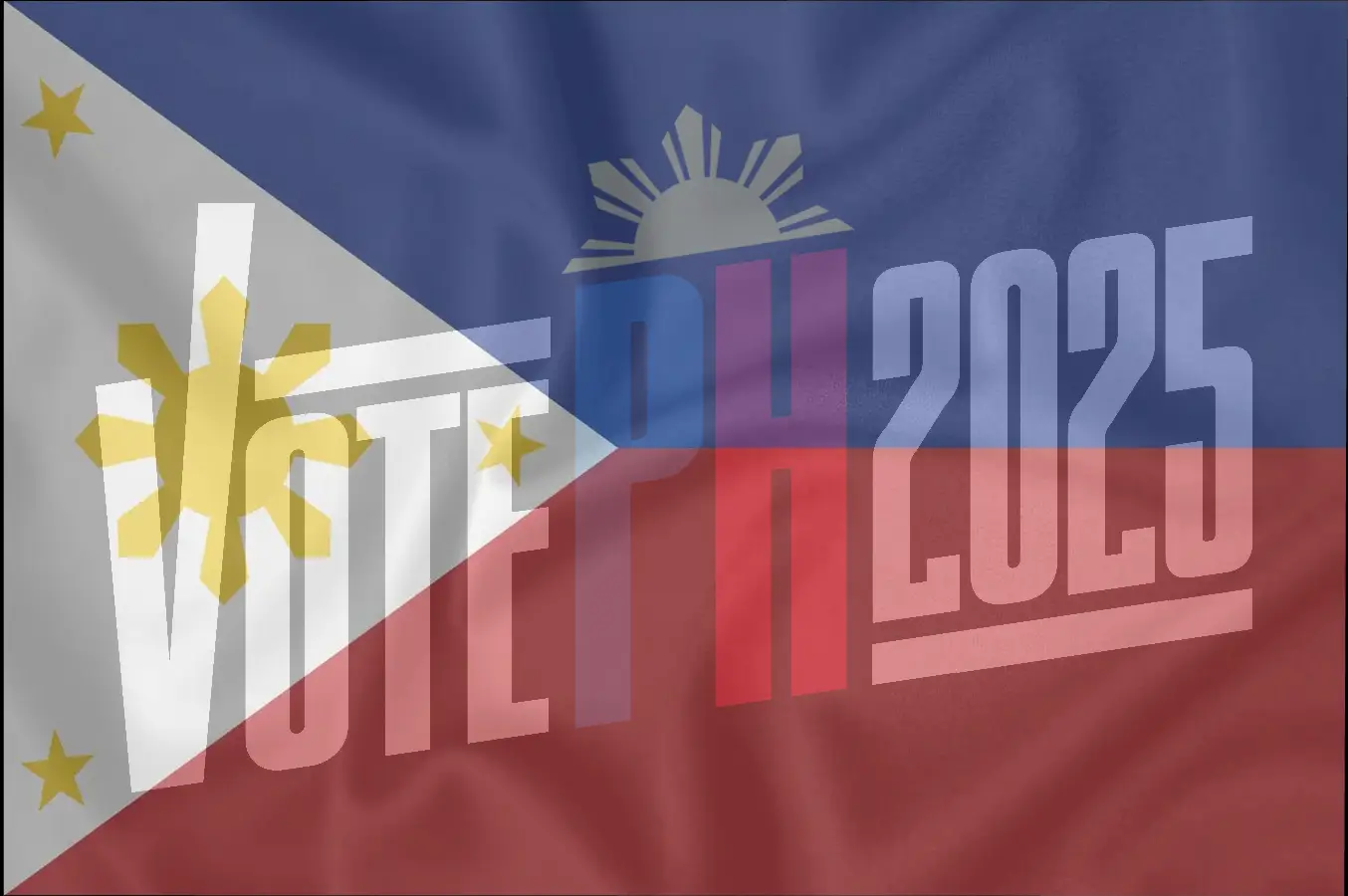In a remarkable push for efficiency, the Commission on Elections (Comelec) in the Philippines is on track to proclaim the winners of the recent senatorial and party-list elections as early as this weekend. If achieved, this would mark the fastest proclamation in the nation’s electoral history, a significant milestone for a country where past results often took weeks or even months to finalize. Comelec Chair George Garcia expressed optimism about the timeline, highlighting the poll body’s commitment to transparency and national unity after a divisive election season.
Rapid Progress in Vote Canvassing
The Comelec, acting as the National Board of Canvassers (NBOC), has made swift progress in processing votes. By Wednesday evening, the board had canvassed 159 out of 175 certificates of canvass (COCs), which compile election results from provinces, overseas absentee voting posts, highly urbanized cities, and other designated areas. Only a handful of COCs remain, including those from Tawi-Tawi, Sulu, Iligan City, and the Bangsamoro Region’s Special Geographic Area. Garcia announced that the NBOC aims to complete the canvassing by Thursday night, paving the way for proclamations on Saturday or Sunday at the latest.
This pace is unprecedented. On Tuesday alone, the NBOC processed 58 COCs, the highest number ever canvassed on the first day of national tallying. Garcia noted that historically, the board often had no certificates to process on the opening day during his time as an election lawyer. Wednesday saw an additional 101 COCs completed, demonstrating the efficiency of the automated election system introduced in 2010. In contrast, manual elections before that era often delayed proclamations by a month, while even automated polls typically required over two weeks.
“We hope to finish canvassing the remaining COCs by tomorrow night, so our intention to proclaim [the winners] on Saturday or Sunday latest [will materialize]” Garcia told reporters at a press conference in Manila. He emphasized the decision to proclaim all winners together rather than in partial announcements, arguing that immediate results serve the national interest by dispelling doubts over the election’s integrity.
A Milestone for Philippine Democracy
The potential for a proclamation within a week of the elections is more than a logistical achievement; it carries symbolic weight in a country where electoral processes have often been marred by delays, disputes, and allegations of irregularities. The Philippines’ history of contentious elections, including the 1986 snap election that triggered the People Power Revolution, underscores the importance of timely and transparent results. A rapid proclamation could bolster public trust in Comelec, an institution tasked with upholding democratic integrity amid intense political polarization.
Garcia himself acknowledged the broader implications of the timeline. “We are not [aiming] to be the fastest in history, but because we really want the nation to move on. Our election has been too divisive. The election is supposed to unite us, and the Comelec should be one in this aspiration to unite the nation, at least after this election” he said. His words reflect a desire to shift focus from electoral contention to governance, especially as the country grapples with economic recovery, regional security concerns, and domestic policy challenges.
The decision to avoid partial proclamations unless uncanvassed results could alter outcomes further reinforces Comelec’s cautious approach. While election law prohibits the publication of ongoing tallies or candidate rankings, election returns are publicly accessible via the Comelec website and shared with media, poll watchdogs like the Parish Pastoral Council for Responsible Voting, and political parties. This transparency mechanism aims to mitigate concerns over manipulation, though some observers remain wary given past controversies surrounding automated voting systems.
Logistical and Political Considerations
The proclamation process has been carefully structured to balance efficiency with fairness. Winning senators will be proclaimed on a single day, followed by party-list groups the next day. This staggered approach allows Comelec to finalize the allocation of 63 seats in the House of Representatives reserved for party-list representatives, a system designed to ensure marginalized sectors have a voice in Congress. Garcia also noted that a weekend proclamation provides adequate preparation time for both the commission and the families of the winners, a practical consideration amid the high-stakes atmosphere of election season.
Despite the push for speed, not all candidates are content with the unified proclamation plan. Senatorial candidate Rodante Marcoleta, currently in sixth place based on unofficial tallies, filed a manifestation requesting an early proclamation for top Senate slots. However, Garcia confirmed that the NBOC would “proceed accordingly,” prioritizing a comprehensive announcement over individual requests. This decision may spark debate among candidates and their supporters, particularly those eager to secure their mandates ahead of potential legal challenges or recounts.
The breakdown of the 175 COCs—82 from provinces, 64 from overseas absentee voting, 26 from highly urbanized cities, two from district boards, and one from local absentee voting—illustrates the complexity of aggregating results in an archipelago nation with significant diaspora voting. Overseas Filipino workers, a key demographic, contribute a substantial share of votes, often influencing tight races. The remaining uncanvassed areas, particularly in the Bangsamoro Region, are historically sensitive due to security issues and logistical challenges, which could explain the delay in their submission. If these final COCs are processed without incident, Comelec’s target timeline appears achievable.
Broader Implications for Electoral Reform
The speed of this year’s canvassing raises questions about the future of electoral processes in the Philippines. The shift to automation since 2010 has undeniably accelerated results, but it has also faced scrutiny over transparency and vulnerability to technical glitches or tampering. While Comelec’s current performance suggests improvements in system reliability, critics argue that faster proclamations must not come at the expense of thorough verification. Independent watchdogs and opposition groups will likely monitor the final days of canvassing closely, especially given the high number of COCs processed in such a short window.
Moreover, the emphasis on national unity in Garcia’s rhetoric highlights a deeper challenge: rebuilding trust in democratic institutions. Philippine elections often amplify regional, familial, and partisan divides, with campaign periods marked by intense rhetoric and occasional violence. A swift, credible proclamation could serve as a starting point for reconciliation, signaling that the electoral system can function effectively even under pressure. However, any perceived irregularities in the remaining COCs or proclamation process could reignite tensions, underscoring the delicate balance Comelec must strike.
Looking beyond this election, the success of the 2025 canvassing may prompt calls for further reforms. Proposals to expand digital voting options, enhance cybersecurity for automated systems, and streamline COC submission from remote areas could gain traction if Comelec’s timeline holds. Additionally, the role of overseas voting—already a logistical feat—may warrant greater investment to ensure Filipino expatriates remain engaged in the democratic process. These discussions, while speculative at this stage, are likely to shape the agenda for future poll bodies and lawmakers.
Regional Context and International Observers
The Philippines’ electoral efficiency stands out in a Southeast Asian context where democratic processes vary widely. Neighboring countries like Indonesia and Thailand have faced their own challenges with election delays and disputes, often tied to complex political transitions or military influence. Manila’s potential record-breaking proclamation could draw attention from regional election commissions and international observers, particularly those monitoring democratic backsliding in the region. Organizations such as the Asian Network for Free Elections (ANFREL) may view Comelec’s performance as a case study in balancing speed with credibility, provided no major controversies emerge in the final stages.
Globally, the Philippines’ elections are also watched for their impact on foreign policy, especially given the country’s strategic position in the South China Sea and its alliances with powers like the United States. The composition of the Senate and party-list representation will influence legislative priorities on issues ranging from defense cooperation to economic partnerships. A timely proclamation ensures that the incoming cohort of leaders can begin addressing these matters without the overhang of electoral uncertainty, a factor that international stakeholders will likely appreciate.
As the Comelec races toward a historic weekend proclamation, the nation watches with a mix of anticipation and cautious hope. If successful, this milestone could redefine perceptions of electoral efficiency in the Philippines, offering a model for other democracies grappling with similar challenges. Yet, with a few critical COCs still outstanding, the final test of transparency and trust lies ahead. For now, the promise of unity after division remains the guiding aspiration, one that Comelec hopes to deliver on in the days to come.
















